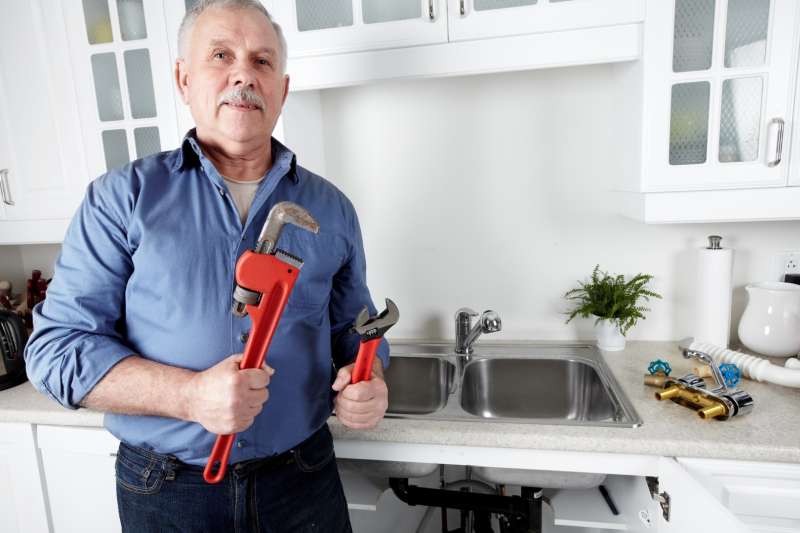 Berlin Plumbers
Berlin Plumbers
 Berlin Plumbers
Berlin Plumbers
Rainwater Harvesting Systems offers an environmentally sustainable plumbing service that entails the planning and setup of systems to gather, hold, and utilize rainwater for non-drinking uses. These systems typically include storage tanks, catchment areas, and filters, supporting sustainable water use in landscaping, toilet flushing, and washing. Properly configured systems help cut expenses and support environmental sustainability
We provide top-quality Plumbing services throughout Hartford County. Whether you need help with Rainwater Harvesting Systems or other issues, our Experts is ready.

Setting up dishwashing machines, hot water heater (tank and tankless), garbage disposals, and washing devices.

Ensuring backflow avoidance devices are working correctly.

Moving or updating plumbing systems.

Making sure plumbing systems meet local guidelines.

Immediate response to prevent flooding and water damage.

Cleaning clogs in sinks, toilets, showers, and drain lines.

Routine cleansing to prevent obstructions and keep circulation.

Repairing malfunctioning faucets, toilets, and other components.

Installation of sinks, faucets, toilets, bathtubs, and showers.

Emergency detection and repair to prevent risks.

Repairing gas leakages and making sure appropriate gas line working.

Setting up systems for recycling home wastewater.

Installing and keeping radiant floor heater.

Specialized piping for factories or commercial settings.

Installing and maintaining outside watering.

Plumbing systems for brand-new structures or renovations.

Repairing leaks in pipelines, faucets, toilets, and home appliances.

Quick resolution of extreme clogs and overflows.

Utilizing cameras to inspect pipelines for damage or obstructions.

Repairing or replacing burst, rusted, or damaged pipelines.

Setting up new piping systems for water, gas, and drain.

Examining plumbing systems before purchasing residential or commercial property.

Installing systems to gather and use rainwater.

Continuous maintenance services for organizations.

Setting up, repairing, and preserving septic systems.

Managing groundwater in basements.

Setting up water-efficient or modern-day fixtures.

Encouraging on water-saving techniques and items.

Installing water conditioners and purification systems.

Flushing and examining water heaters to lengthen lifespan.

Resolving problems with temperature, leaks, or failure to heat water.

Protecting basements or other areas from water invasion.

Immediate attention to prevent contamination and health threats.